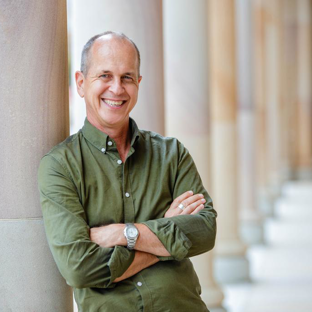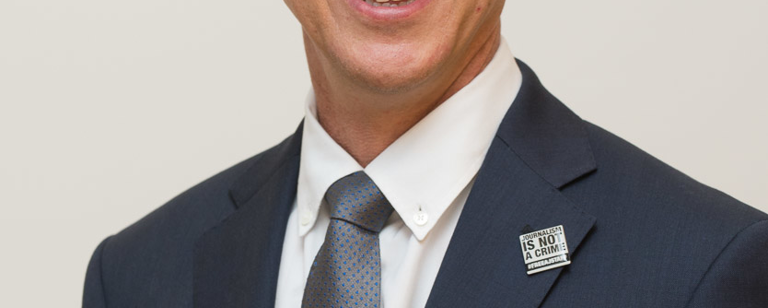Following his arrest on 29 December 2013, Australian journalist Peter Greste spent 400 days in prison in Egypt. He and two Al Jazeera colleagues, Mohamed Fahmy and Baher Mohamed, were charged with spreading ‘false news’ and accused of helping the banned Muslim Brotherhood.
By the time he was suddenly deported from Egypt in February last year, Peter Greste had become an Australian household name. But perhaps you haven’t heard of Azimjon Askarov – a journalist serving a life sentence in Kyrgyzstan. Or, closer to home, Iranian journalist Behrouz Boochani, who is currently detained by the Australian Government on Manus Island. These are just two of hundreds of writers who PEN International is fighting to free.
In partnership with PEN Melbourne, we’re presenting a conversation with Peter Greste about freedom of expression, persecution and resistance. On 15 November, PEN International’s Day of the Imprisoned Writer, Greste will share his story with Emma Alberici, and explore the plight of writers around the world who are still in detention. Where are the most dangerous places for writers to work today and what can we do about it?
Featuring

Peter Greste
Professor Peter Greste is an Australian-born journalist, author, media freedom activist and academic. He is a founding member of the advocacy group, the Alliance for Journalists Freedom, and the UNESCO Chair in Journalism and Communication at the University of Queensland. He is also a regular contributor to the Australian Broadcasting Corporation, The Australian, The Sydney Morning Herald, The Conversation and The Guardian.
Before joining the university in January 2018, he spent 25 years as a foreign correspondent, starting with the civil war in Yugoslavia and elections in South Africa as a freelance reporter in the early '90’s, before joining the BBC as its Afghanistan correspondent in 1995. He went on to cover Latin America, the Middle East and Africa for the BBC.
In 2011 he won a Peabody Award for a BBC documentary on Somalia before joining Al Jazeera as its East Africa correspondent later that year. In December 2013 he was covering Egypt on a short three-week assignment when he was arrested on terrorism charges. After a trial widely dismissed as a sham, he was convicted and sentenced to seven years in prison.
In February the following year, after 400 days behind bars and an intense international campaign, he was deported under a presidential decree. As a result of the letters he wrote from prison in the defense of freedom of the press, he won a Walkley Award in Australia in 2014, and Royal Television Society and Tribeca Disruptive Innovator’s Awards in 2015.
He has also been awarded the International Association of Press Clubs’ Freedom of Speech Award; Liberty Victoria’s 'Voltaire Award', the Australian Human Rights Commission Medal (all in 2015), the RSL’s 2016 ANZAC Peace Prize, and the Australian Press Council’s 2018 Press Freedom award.
Peter has co-authored his family’s account of their struggle to get him out of Egypt, Freeing Peter, and written his own book on journalism and the War on Terror, The First Casualty published in 2017. He remains an avid advocate of media freedom and journalist safety.
Emma Alberici
Emma Alberici is the presenter of ABC1's Lateline. Prior to taking up this role, Emma spent four years as the Europe Correspondent for the ABC based in the UK. She is the author of three editions of The Small Business Book and has been a finalist three times in the Walkley Awards for journalistic excellence.
